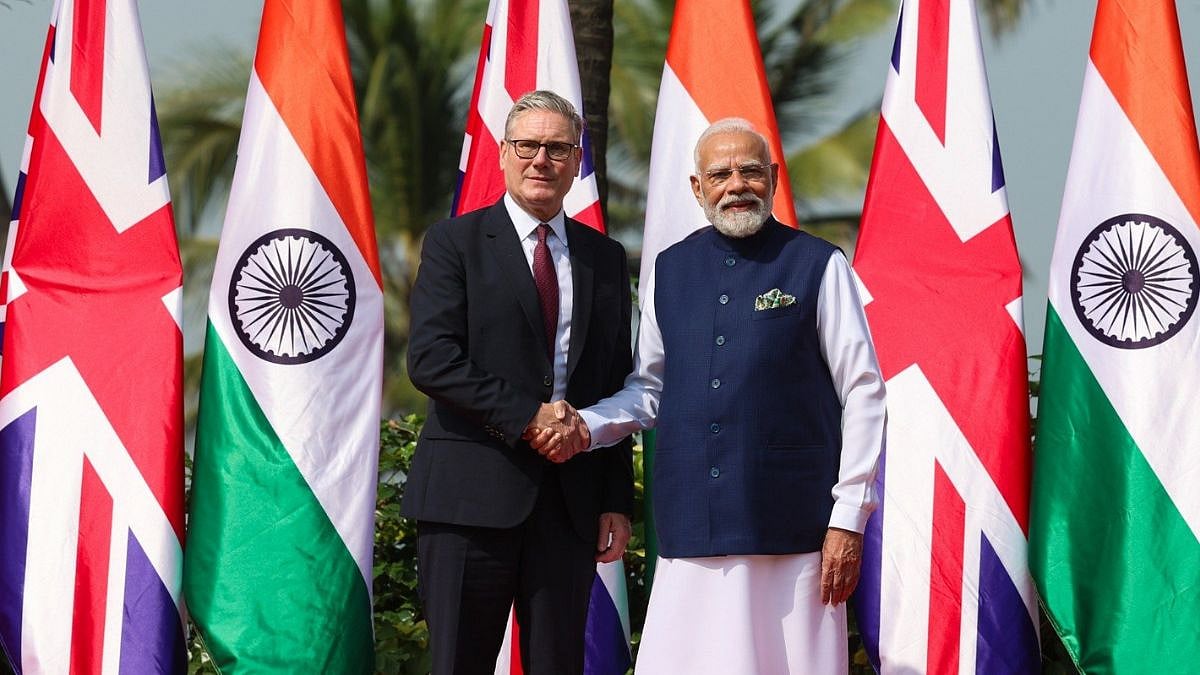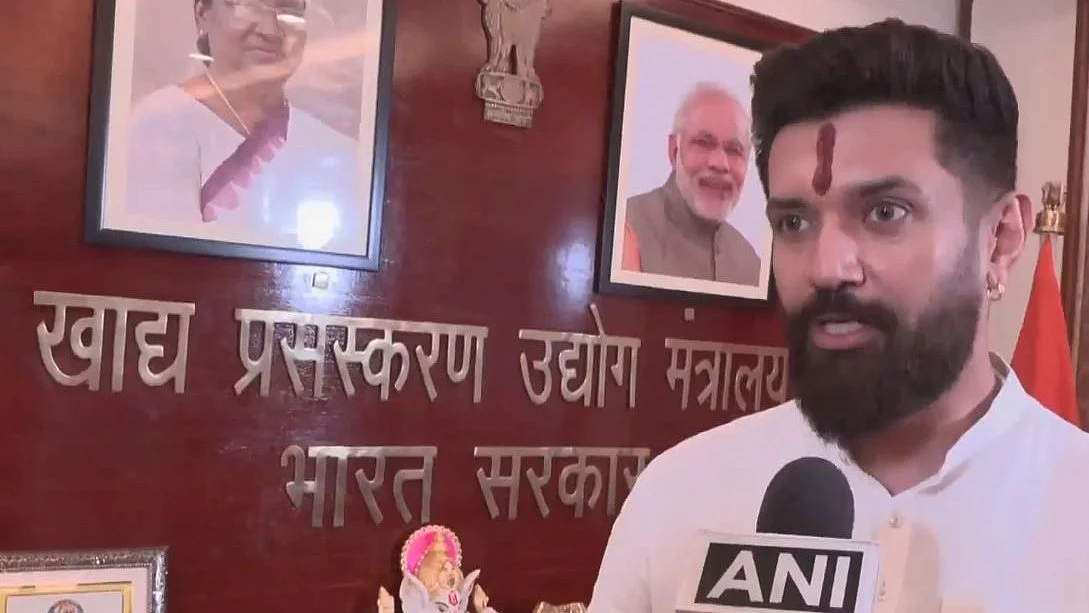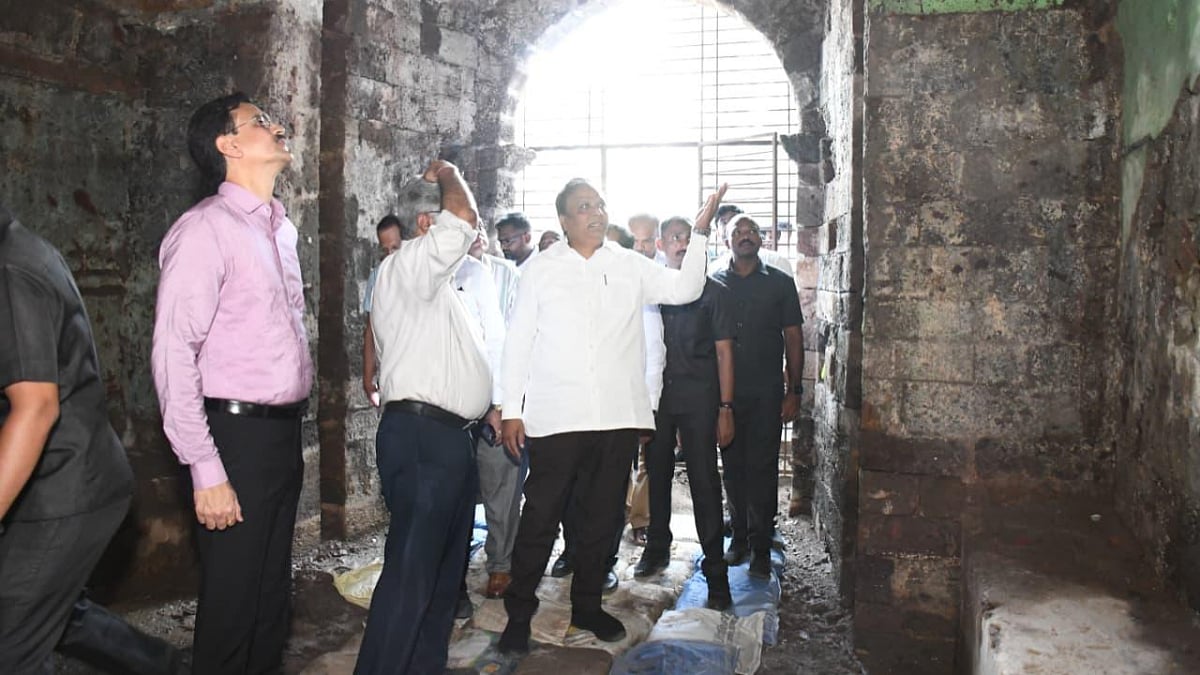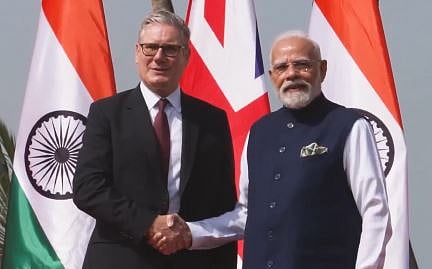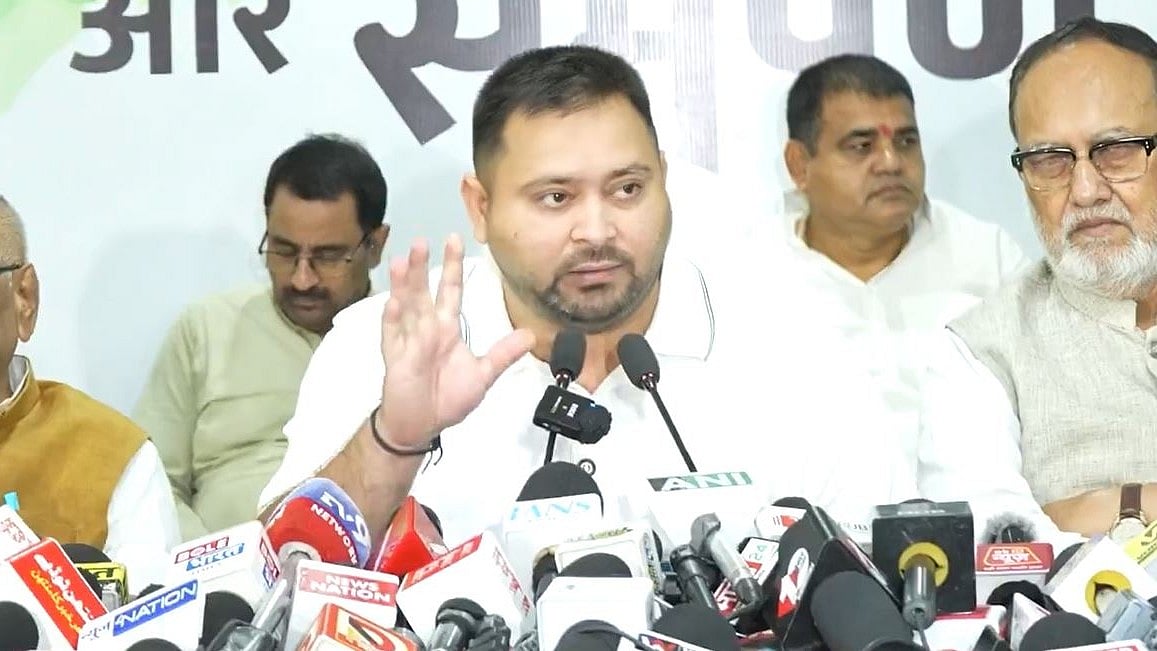Mumbai: India’s Foreign Secretary, Vikram Misri, confirmed that the issue of Sikh extremism in the United Kingdom was discussed during the meeting between Prime Minister Narendra Modi and his UK counterpart, Keir Starmer, in India's financial capital, Mumbai.
"Khalistani extremist issue was discussed during meeting held today between PM Modi and PM Starmer. PM emphasised that radicalism & violent extremism had no space in democratic societies & should not be allowed to use or abuse the freedoms provided by societies, and there was a need to move against them in the legal framework available on both sides," Misri was quoted saying by news agency ANI.
On the support received from the UK to gain a spot as a permanent member on the reformed UN Security Council, Misri said, "We have received support from the UK to gain a place as a permanent member on the reformed UN Security Council. We welcome and appreciate it," he said during a press briefing.
Khalistani extremism has remained an irritant in India-UK ties. The Indian High Commission has been targeted by extremists in the past and in March this year, there was a security breach as a Khalistani protester broke through the security cordon and ran towards External Affairs Minister S Jaishankar as he came out of the Chatham House building in London.
About Keir Starmer's India Visit
Starmer's India visit marks a significant milestone in India-UK relations, with both nations announcing a series of major agreements spanning technology, education, trade, and climate cooperation.
Following his meeting with the UK Prime Minister on Thursday, PM Modi described India and the UK as natural partners, stating, "India and the UK are natural partners. The foundation of our relationship is a shared belief in values such as democracy, freedom, and the rule of law."
He further noted that under the leadership of Prime Minister Starmer, there has been remarkable progress in bilateral relations. PM Modi recalled that during his UK visit in July this year, both nations reached an agreement on the historic Comprehensive Economic and Trade Agreement (CETA).
